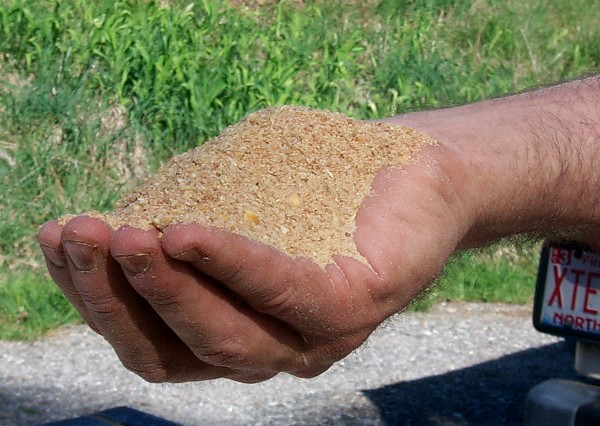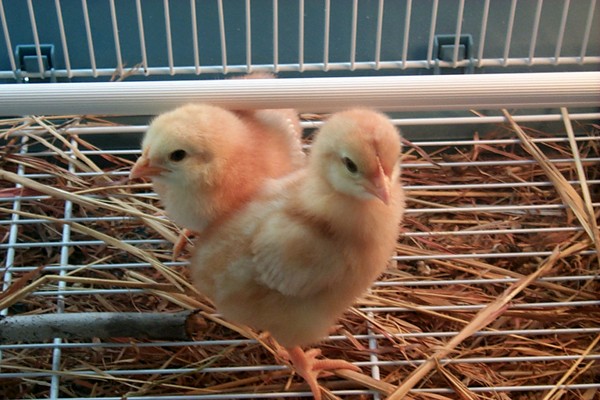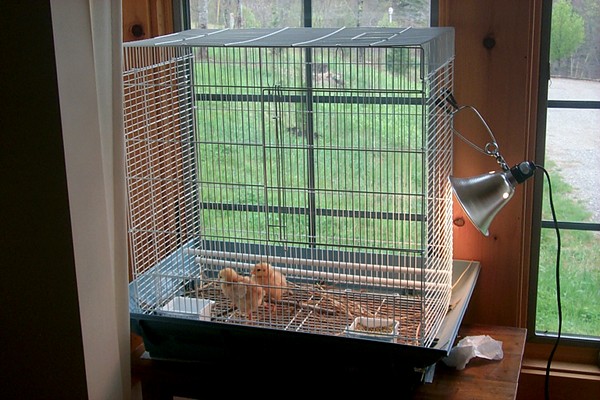
Ken spreads soybean meal.
Originally, my plan for Acorn Abbey was to have an all-organic garden but to use chemical fertilizers for the lawn. I have changed my mind. All organic is the way to go.
Reading more books about organic gardening, and Googling for more information on earthworms, is what convinced me to go all organic. Previously my reasoning was that there wasn’t much downside to using chemical fertilizers on the grass as long as I didn’t use any herbicides or pesticides. But more reading has convinced me that it’s all about earthworms. Chemical fertilizers are just plain bad for the biology of the soil. Regular use of chemical fertilizers causes organic matter in the soil to be burned up. This starves the earthworms. Actually it’s a double whammy for the earthworms, because not only is their food source burned away, the chemicals also are toxic to the worms.
I learned that the benefits provided by earthworms go far beyond their ability to digest organic matter in the soil and convert the organic matter to forms more suitable for plants to use. Earthworms also dig burrows (largely vertical, and much deeper than I can till) in the soil. These burrows “till” the soil and provide channels that improve the ability of soil to deeply absorb rainwater. Plant roots also tend to follow the burrows downward, so plants can root more deeply in soil that has been tilled by earthworms.
That seals the deal for me — deep tilling and better absorption of rainwater. Earthworms help soil catch more water, channel the water deeper, and improve plants’ access to water, not to mention plants’ drought resistance.
Soybean meal is said to be the equivalent of a 7-2-1 fertilizer. That’s more nitrogen than the 5-4-3 fertilizer based on chicken manure that I’ve been using in the garden. The 7-2-1 fertilizer alone is probably fine for the grass. For the garden I’ll probably start concocting my own organic fertilizer with soybean meal, lime, and an organic phosphate source.
Soybean meal is also easy to get. I have to drive 60 miles each way to get commercial organic fertilizers in 50 pounds bags. But the local mill in Walnut Cove always has soybean meal. The price is about the same as the 5-4-3 organic fertilizer.
I think this is particularly important in my orchard, where the earthworms will help get nutrients to the roots of the fruit trees.
Today Ken spread 500 pounds of soybean meal everywhere — grass, orchard, garden and wildflower patches. From this day forward, Acorn Abbey is all organic.






































